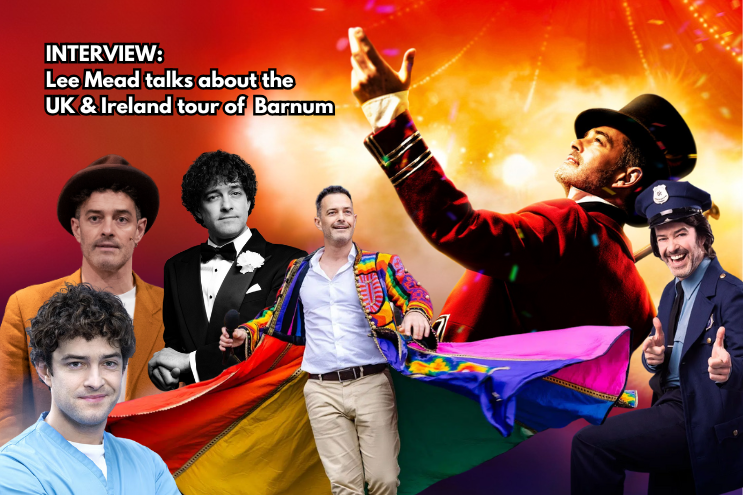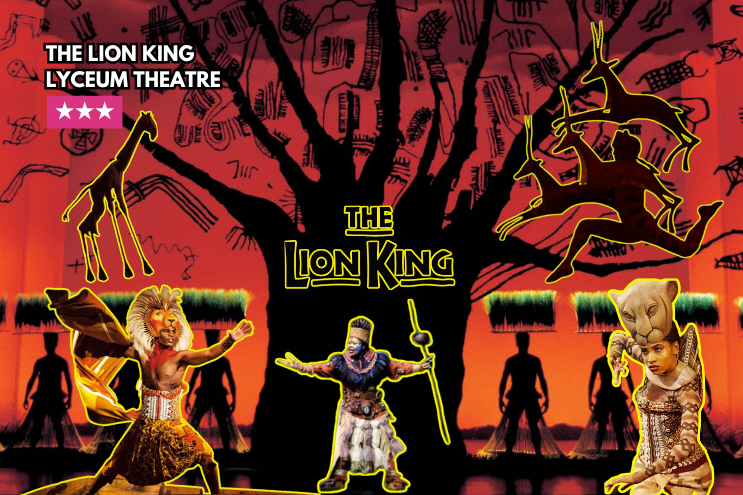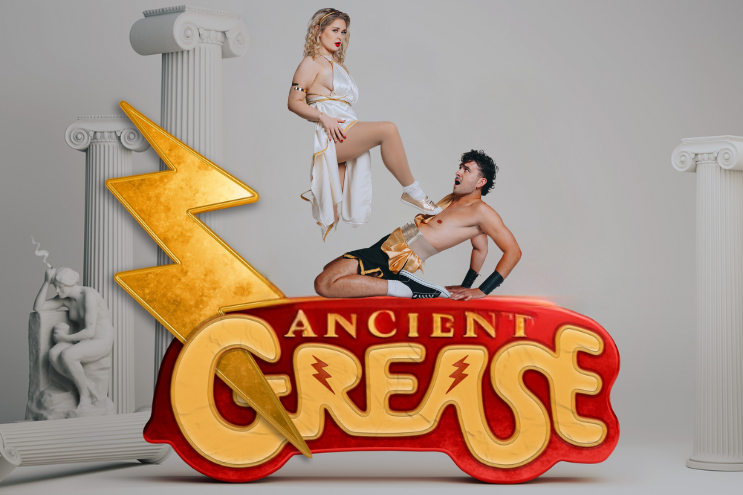 The National Theatre’s Olivier and Tony Award winning production of The Curious Incident of the Dog in the Night-Time today (7 September 2015) announced the release of over 135,000 tickets taking bookings at the Gielgud Theatre in London’s West End to 18 June 2016.
The National Theatre’s Olivier and Tony Award winning production of The Curious Incident of the Dog in the Night-Time today (7 September 2015) announced the release of over 135,000 tickets taking bookings at the Gielgud Theatre in London’s West End to 18 June 2016.
Due to popular demand, an extra half term matinee has been added to the schedule on Tuesday 27 October 2015.
Director Marianne Elliott’s seven time Olivier Award winning production of The Curious Incident of the Dog in the Night-Time can also currently be seen on tour in the UK and Ireland (until 21 November) and on Broadway at the Ethel Barrymore Theatre where it has received five Tony Awards including Best Play. Marianne Elliott, who is an Associate Director of the National, is currently directing Husbands & Sons for the Dorfman Theatre.
The Curious Incident of the Dog in the Night-Time is adapted by Simon Stephens from Mark Haddon’s best-selling book. The production is designed by Bunny Christie, with lighting by Paule Constable, video design by Finn Ross, movement by Scott Graham and Steven Hoggett for Frantic Assembly, music by Adrian Sutton and sound by Ian Dickinson for Autograph.
The Curious Incident of the Dog in the Night-Time, which started life at the National Theatre’s Cottesloe Theatre in 2012, transferred to the West End in 2013, first to the Apollo Theatre and then to the Gielgud Theatre. Simon Stephens’ adaptation was added to the AQA GCSE in English Literature set texts for English schools in 2014, making it the only modern play currently performing in the West End to be part of the AQA Post-1914 drama and prose section.
Christopher, fifteen years old, stands besides Mrs Shears’ dead dog. It has been speared with a garden fork, it is seven minutes after midnight and Christopher is under suspicion. He records each fact in a book he is writing to solve the mystery of who murdered Wellington. He has an extraordinary brain, and is exceptional at maths while ill-equipped to interpret everyday life. He has never ventured alone beyond the end of his road, he detests being touched and distrusts strangers. But his detective work, forbidden by his father, takes him on a frightening journey that upturns his world.
Sion Daniel Young plays the lead role Christopher Boone. Rebecca Lacey plays Siobhan with Nicolas Tennant as Ed, Mary Stockley as Judy, Jacqueline Clarke as Mrs Alexander, Indra Ové as Mrs Shears, Stephen Beckett as Roger Shears, Matthew Trevannion as Mr Thompson, Pearl Mackie as No. 40/Punk Girl, Sean McKenzie as Reverend Peters and Kaffe Keating is the alternate Christopher. Also in the cast are Mark Rawlings, Penelope McGhie, Naomi Said and Simon Victor.
Playwright Simon Stephens said about adapting Haddon’s novel for the stage:
‘The adaptation was a really joyful experience. I knew two things in adapting the play. I knew that the key to it was the relationship between Christopher and his teacher. Although it’s not that central in the novel, what struck me was that everybody in life has a favourite teacher. Even people who hated school, even people who found school a miserable experience, had one teacher who they loved more than others and thought got them in a way that other teachers didn’t. I knew that if I could get that relationship right, then we could create an evening in the theatre that people could recognize themselves in.
The other thing that I knew was that Marianne Elliott had to direct it. I think she’s a visionary director, I think she’s a director of extraordinary imagination, but she’s also a very democratic director. This can’t be a piece of theatre that alienates people. It has to be a piece of theatre that you can come to if you’re 10 years old or if you’re 90 years old. It needs to appeal to people that have very high art taste in theatre, but also it’s got to be a family night out, and I thought that Marianne could release that really beautifully and really perfectly. Everybody working on it, the entire creative team, were united in wanting to tell Christopher’s story as honestly and properly as possible.’
‘All I ever wanted to do was to make Mark Haddon happy. He came to see rehearsals and the previews and the show at the National and in the West End and Broadway and he fell back in love with Curious Incident all over again. That makes me as proud as anything.’
Author Mark Haddon himself added:
‘When I wrote Curious Incident I was absolutely convinced that it couldn’t be adapted for film or stage. The novel is one person’s very insulated and sometimes profoundly mistaken view of the world. We’re stuck inside Christopher’s head from cover to cover. We see the world the way he sees the world. And there’s the problem. Or so it seemed to me. Theatre is radically third person. You can infer what people are thinking but you can do so only from what they say and what they do.
I simply couldn’t imagine how Christopher’s story could be told with any integrity in this way. Simon’s genius was to recognize that I was completely and utterly wrong.’
Photo: Alex Rumford





